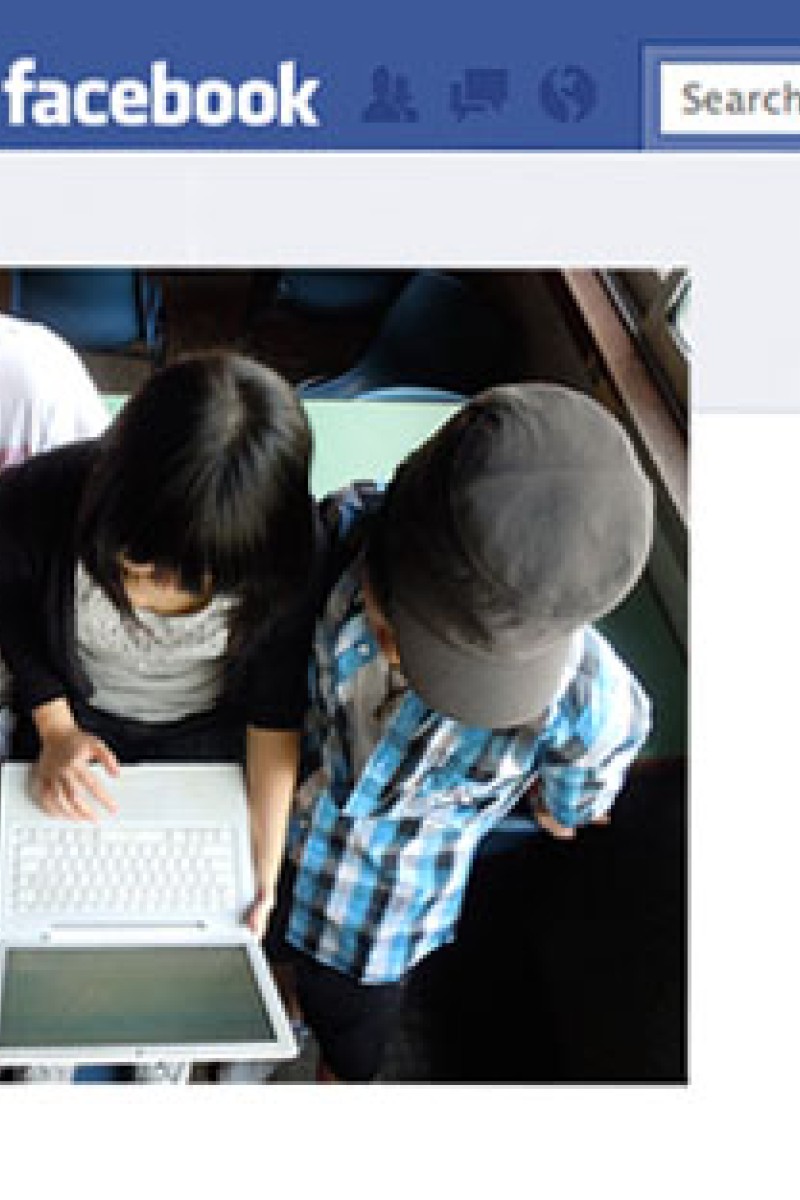
Many young users feel it's do-or-die for them on Facebook where a drive for fame may trump honesty

"Facebook helps you become more popular," says 15-year-old student Daniel Yang Yun-han.
The site's "like" button has become an obsession for some teenagers, he adds. If they post an update, and don't get a lot of comments or likes, it can be upsetting to them.
"[Your] status is like a public diary," Daniel notes. He admits to feeling down when no new notification awaits him any time he logs into his Facebook account.
"Facebook is a way to remind people you're still alive!" 13-year-old Cheska Reynon says. "If no one likes my status, it is like no one cares about me any more."
Cheska adds that at times she goads her friends into making comments. Some other teens might even post highly negative statements on their status to draw attention to themselves.
"They would say things like they wanna die or they may talk badly about other people," says 14-year-old Tiffany Too Wing-sum.
But just as in real life, some tact always helps. Daniel says he will not always be straightforward in his comments to friends so as not to risk falling out with them over disagreements.
Another way users seek attention is by posting eye-catching pictures of themselves. "Sometimes I am self-conscious when I look at others' photos," Cheska admits. "But I try to think positively. Everyone has good and bad points."
Daniel believes boys are less likely to compete for attention based on looks. "It'd be weird to do that," he observes. Yet some users will try to make themselves more popular by touching up their pictures with Photoshop.
"I know some girls may not look as pretty in real life as they do on Facebook," Daniel says. Altering your pictures to look better is a form of cheating, he adds.
Tiffany agrees. "Photoshopped photos are fake. I like natural looks," she insists. Daniel says a more honest way to draw attention to yourself on Facebook is by posting funny pictures and videos. He himself stays popular with friends by making his posts relevant and fun.
Cheska says many users' single-minded drive for popularity is misguided. "I will post something interesting not because I want to get people's attention but because it's interesting," she notes.
Yet whatever teens feel about the usual tricks on Facebook, few believe they can afford to stop friending people altogether. The site, they think, adds a valuable dimension to their social life.
"It's just easier to be accepted among your friends if you have a Facebook account" is how one young user put it.